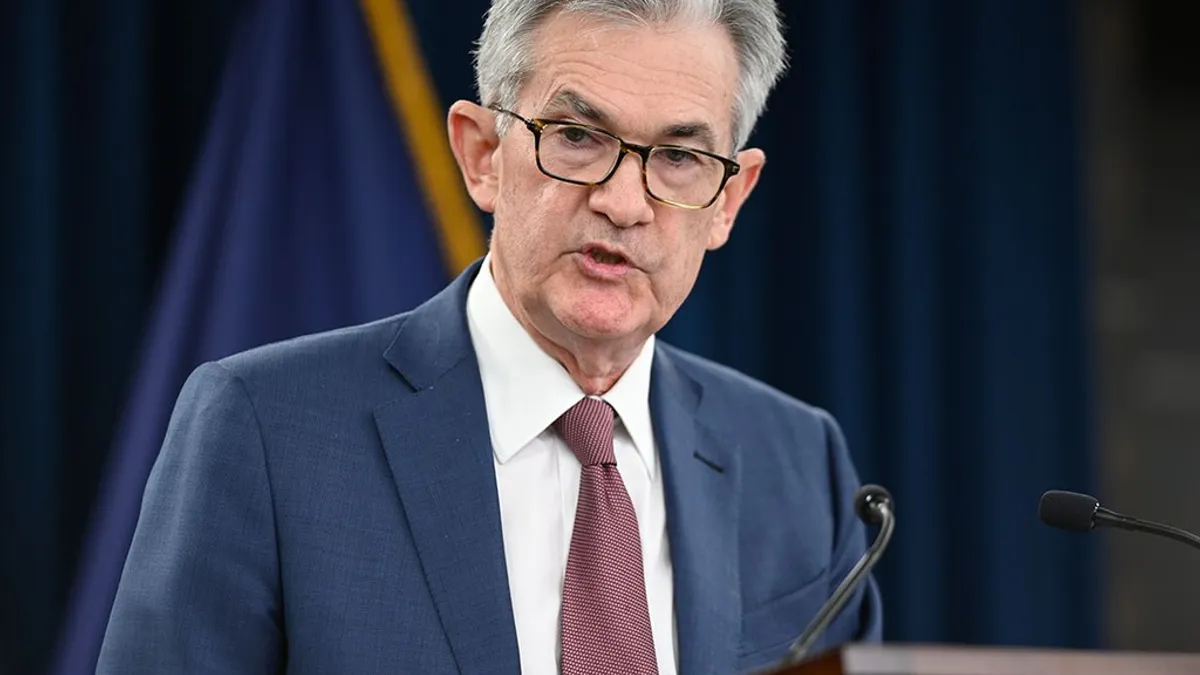Firms are hiring, or wondering if they should hire, more specialists outside of accounting or auditing to assist accountants during the pandemic. This is raising issues for CFOs, an American Institute of CPAs (AICPA) report says.
More specialists are being brought in because in-house accountants have spotty access to the resources to ensure competent performance with laws enacted in response to COVID-19.
The pandemic is impairing access to resources in a number of ways. Fewer IT resources are available remotely, for example, and firms are struggling with the loss of key individuals due to layoffs or from catching the coronavirus.
AICPA worked with the International Auditing and Assurance Standards Board and the International Ethics Standards Board for Accountants on the report, called Using Specialists in the COVID-19 Environment.
Relief sought
Specialists are typically brought in to help relieve the ethical pressures on accountants, who increasingly are asked to perform functions they aren't trained for, or are facing an outsized workload, AICPA Public Accounting Professional Ethics division director Toni Lee Andrews said.
Before the pandemic a company's accountant might have been able to make fair value calculations from future cash flows to discount rates by using industry averages or historical rates. But the pandemic has tanked the value of the averages and caused a historical break from calmer business times.
"Specialists can assist auditors with evaluating whether management has appropriately considered the current economic environment and conditions," analysts said.
The report said a range of experts outside of accounting, including experts in valuation of complex financial instruments, land or buildings, can be valuable for accountants.
IT and fraud specialists can help accountants identify or advise on COVID-19-related cyber threats and fraud.
Resource deficits
Andrews said the biggest IT concerns COVID-19 has brought to accounting are a lack of hardware, software and controls (including data privacy) for staffers working remotely.
With the Paycheck Protection Program and other government assistance offers, hiring another kind of specialist—a tax advisor—can also be money well spent by the C-suite. The right specialist might be hard to find, Andrews said, because many companies are looking for the same expertise.
There is also the potential for a company's accountants to disagree even with qualified specialists, putting management in the position of acting as an arbiter or spending time and money on another specialist.
The report noted COVID-19 might prevent or hinder an accountant from addressing immediate needs, including resourcing and supervision, because of travel and in-person interaction restrictions.
The changes COVID-19 forces on a company can impact the reliability of information or present additional uncertainties, with implications for key judgments that accountants make when preparing, presenting, reviewing and auditing financial information.
With COVID-19 rocking the business world, the study warns, organizations might pressure accountants to provide answers to questions outside their areas of expertise.
In turbulent times, the study says, accountants must exercise heightened focus on ethics and their responsibility to act in the public interest.
"While working to meet the unexpected challenges of the new environment, it is possible to lose sight of the need to comply with the fundamental principles and independence requirements," they said, adding that the prevalence of remote working can make supervision more difficult.
Response hubs
Accountants need to ask themselves if COVID-19 has created gaps in the knowledge and skills required to properly serve their companies, the study said.
They also need to be prepared to be straightforward and honest in presenting unfavorable information.
The authors added, in light of the flood of new business challenges and regulations brought on by COVID-19, it might be wise for accountants to increase engagement with internal stakeholders, ranging from management and those charged with governance to external stakeholders from lenders to COVID-19 government program administrators to grant administrators.
One form of engagement the study recommended is setting up dedicated COVID-19 response hubs.
The time pressure caused by the pandemic can lead to ethical lapses, but it can also be an opportunity for the accounting staff to improve their game, Andrews said.
The need to accomplish the added responsibilities can inspire a re-examination of business as usual and lead to the discovery of ways to do the past accounting tasks more efficiently without impairing reliability, financial data and integrity, she said.





















